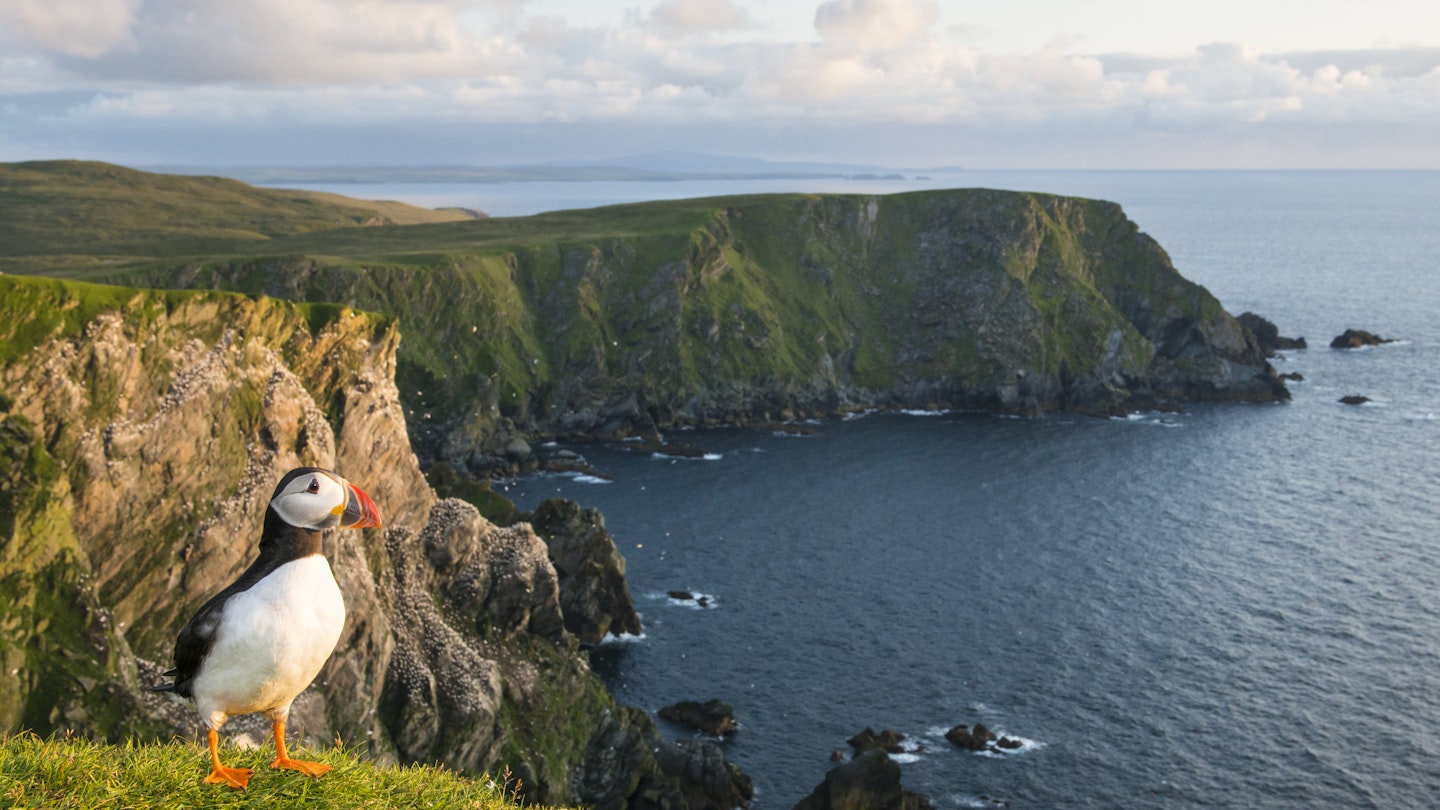Discover Remote Travel Gems in Europe with GoTravelDaily
Ready to travel but not quite ready for crowds? We hear you. As much as we need a change of scene, navigating the crowds in a city can be a challenge. Instead, swap the four walls of your living room for wide-open empty spaces, be it a Norwegian beach, a remote Scottish island, or a mountainous trek in the Balkans. Whether you’re looking for an active break or somewhere to finish writing that bestselling novel, here’s a selection of the wildest and most remote spots in Europe to really get away from it all.
Great for climbing: Hoy, Orkney, Scotland

For a remote escape with an adrenaline rush, head to Hoy, the second largest of the 72 Orkney Islands. The Vikings named Hoy “high island” because of its hills and peaks. The island’s most famous landmark is the Old Man of Hoy, a 137m-high sea stack, which can be climbed during the summer months. Further along the same cliff line is St John’s Head, the tallest vertical cliff face in Britain at 351m. The majority of the island’s 400 residents live in the south, so head north, and your only company will be the vast and varied birdlife. Accommodation options include hostels and self-catering holiday homes.
Great for finishing your novel: Finnish Lakeland, Finland

If what you need is peace, quiet, and awe-inspiring scenery, try Finnish Lakeland. During the summer months, this area of Finland consists mainly of two colors: green and blue. There are approximately 188,000 lakes in Finland, stretching from Helsinki in the south right up to Lake Inari in Finnish Lapland. Lake Saimaa in Finnish Lakeland is the biggest, home to some 14,000 islands. Hire a wooden cottage on one of the islands and start writing.
Great for solo travelers: Prangli, Estonia

For a unique solo experience, consider the island of Prangli. This is the only island off the coast of Estonia that has been continuously inhabited for over 600 years. The small island has a fascinating history and offers a glimpse into a different way of life. It’s only 30km from Tallinn but still undiscovered by the capital’s crowds.
Great for a step back in time: Bardsey Island, Wales

For a back-to-basics break, take a trip to Bardsey Island where the traditional holiday houses lack modern amenities. This island has been an important religious site since the sixth century and is known for its incredible seabird life, particularly the thousands of Manx Shearwaters that arrive to breed each year.
Great for spotting whales and dolphins: Pico, Azores, Portugal

For one of the best places in the world to spot whales, visit Pico Island in the Azores. It is situated on the migratory route for whales, making it a prime location for observing various species including blue whales and sperm whales. Optimal whale watching occurs between March and October.
Great for surfers: Unstad, Lofoten Islands in Northern Norway

If the ocean is calling, travel to Unstad Bay in Northern Norway. This area is one of the best cold-water surfing destinations, surrounded by stunning mountains and fjords, offering incredible views paired with consistent waves all year round.
Great for hikers: Peaks of the Balkans

After months of sitting around, chances are you’re ready to stretch your legs. The Peaks of the Balkans track is a 119-mile circular route through Albania, Kosovo, and Montenegro. This stunning trail winds through some of Europe’s most breathtaking scenery, including high alpine peaks and pristine valleys.
Great for wild swimmers: Vrångö, Sweden
Time your visit to Vrångö right for a peaceful getaway. The island is known for its wild swimming opportunities, and while the waters aren’t tropical, you can warm up in a floating sauna post-dip.
Great for adventure: Foula, Shetland Islands
Often described as the ‘edge of the world’, Foula is one of the UK’s most remote inhabited islands. Here, life has remained unchanged over the years. Guests can enjoy incredible views, rich sea air, long walks, and the peaceful ambiance that the island offers.





